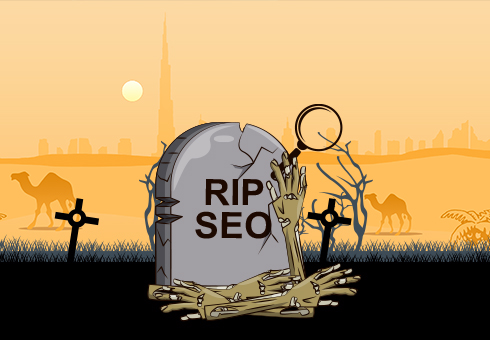
How to Boost Brand Awareness Using Semantic SEO: 10 Proven Methods
Table of Contents
Let’s face it, keywords are important, but today the context, meaning, and understanding rule the day. Semantic SEO is your gateway to cut through the noise and perfect your brand awareness strategies.
In this blog, we are going to cover 10 proven strategies that will help you ace your Semantic SEO in 2025 and beyond.
But What is Semantic SEO?
Semantic SEO is a brand awareness strategy to optimise brands’ content for intent and meaning. In this strategy, content marketers are not focusing on specific keywords but rather working towards understanding how topics, phrases, and entities relate to each other and how search engines interpret that connection.
Semantic SEO uses the power of NLP (Natural Language Processing) to align the brand content with what users are actually looking for. In other words, it is telling the search engines that your content is from a knowledgeable contributor in your niche.
Why Semantic SEO Is Important For Brand Awareness?
Semantic SEO helps you establish your brand as an expert in your domain. When your content is repeatedly addressing expert topics, answering what the users are asking often, and giving information that is not easily available, Google starts to see you as an expert in the field.
This increases your chances of being shown in Google’s Knowledge Graph or People Also Ask boxes. In other words, Semantic SEO can help you not just rank at the top, it will help you become an SME in your field.
Also Read: SEO v/s AEO v/s GEO: A Complete Guide To Master Digital Visible Strategies
10 Proven Methods To Boost Brand Awareness
- Build Topical Clusters instead of isolated blog topics. For this, start with charting out a pillar page, which can then have a lot of content taking users to detailed articles and topics. This increases the time a user spends on your website, thus telling Google that your content is worth showing.
- Use Entity-Based Optimization and go beyond keywords. Add strong references and connect your content to known entities to help Google understand where your content fits in the entire knowledge graph.
- Leverage Schema Markup and use structured data to give Google a quick context on your page. This will help Google understand whether your page is a review page, FAQ, article, and so on, and will boost your visibility and credibility.
- Optimise for Search Intent and quit chasing keywords blindly. Focus on the why and try to understand whether your user is looking to learn, buy, compare, or solve a problem. Align your content with your viewer’s why to become the one brand that gets its users.
- Incorporate Synonyms because the search engines are getting more human by the day and have now started understanding context. Try to use similar words or phrases instead of stuffing the same keyword 10 times.
- Create Expert Content by collaborating with SMEs (Subject Matter Experts). Another way to include their content is by quoting them and highlighting their credentials in your content. Creating content with strong references can help you strengthen your E-E-A-T (Experience, Expertise, Authoritativeness, Trustworthiness) as well.
- Improve Internal Linking and use relevant anchor text to connect related content. Please do not link for the sake of it. Link with purpose and direct your users to more expert content so that they genuinely spend more time on your website.
- Long-form in-depth Guides will help give your brand room to explore a topic fully, include a wide range of semantic keywords, and answer multiple relevant, frequently asked questions.
- Try To Get Featured In Google Knowledge Panels by optimising your About Page, using proper Schema, embedding relevant authoritative references, and maintaining consistent information around the web.
- Use Semantic SEO Tools that can help you spot topic gaps, refine your internal linking, and so on. These insights will further help you improve your content and allow you to tweak your strategy on the go.
Wrap-Up
Ranking on page one is cool, but being recognised by people and gaining their trust is the real win. Semantic SEO is a long-term strategy that can help build your topical authority over time.
So, if you are ready to boost your brand awareness, it is time to go all out and think outside of the keywords. Contact US and together let's establish your brand as an expert in your field.


